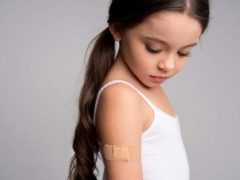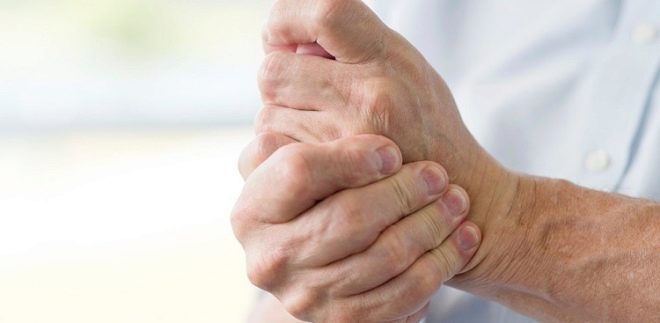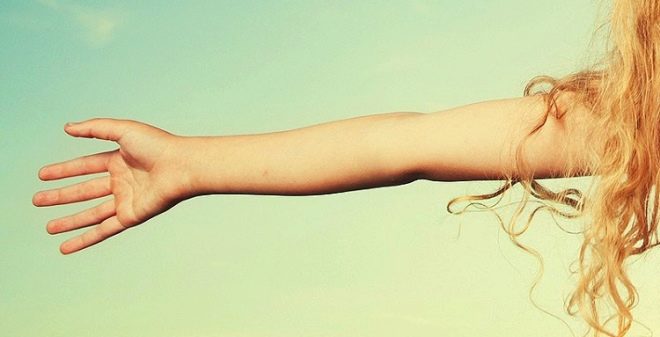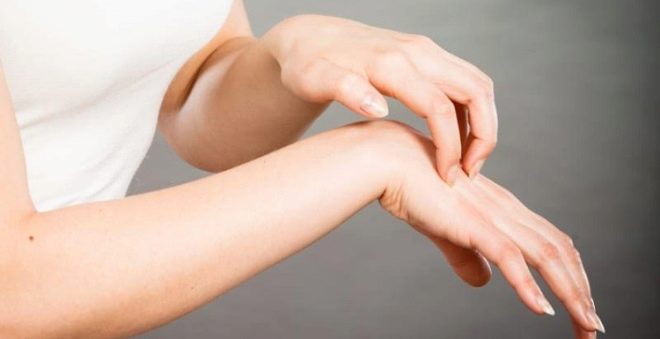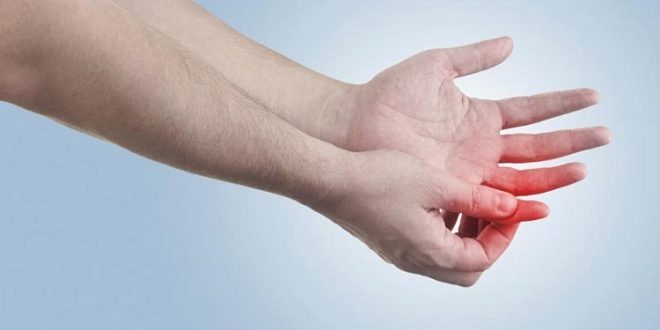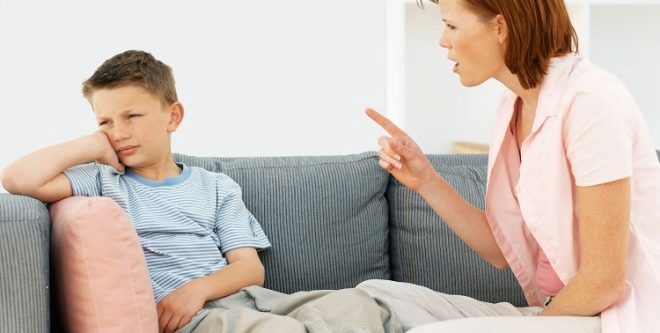Hand problems in children and adults from the point of view of psychosomatics
Hands - an important part of the body, looking at which you can learn a lot of information about a person. They guess by age, determine their age, communicate with the help of hand gestures and help themselves to express certain thoughts.
Problems with the hands can be very different: from injuries and burns to inflammatory processes. And they can overtake people of all ages.
In this article we will talk about what could be the psychosomatic causes of problems with the hands of adults and children.
What does medicine say?
The arms (or upper limbs) are part of the musculoskeletal system, without which human evolution would be impossible. It is the hands that make it possible to capture objects, as well as perform a great many other actions. The term “hand” in medicine means several anatomical sections: shoulder, collarbone, scapula, forearm, radius and ulna, arm, wrist, consisting of eight bones in two rows, metacarpus and fingers, each with three phalanges.
The brain completely controls the movement of the hands.. In its cortex there are special ventral areas located on the sides of the head. It is they who, together with the primary motor cortex, are activated every time the limbs move. If at the same time the person touches something, the somatosensory cortex is activated.
Hand movements are also coordinated by specific centers in the cerebellum, brain stem, and spinal cord. A complex mechanism of interaction provides a large set of movements: from involuntary, for example, to maintain body balance, to completely arbitrary, when a person needs to take something.
Since the hands are controlled by electrical and nerve impulses, diseases of the upper limbs often have a neurological origin (if one does not take into account injuries).
Psychosomatic value of the upper limbs
Psychosomatic medicine is studying not only anatomy and physiology, but also their interaction with the psyche and psychological state of a person. In psychosomatics, hands embody an action. Everything that we do, one way or another, is connected with bringing the hands into an active state.
We express our emotions with our hands: we hug, push away, show tenderness or aggression, we hand over each other information, communicate, show gestures that are understandable to others. Thus, the hands symbolize not only physical, but also emotional, active communication. If a problem arises with the hands at the level of the disease that has appeared, then pain is more likely to occur due to the development of internal conflict.. Ask yourself what you did not do, what you did not do, what you are going to do, which could harm you or others.
- Right hand, according to a study by psychologist Liz Burbo, symbolizes the ability to give. If the right limb is ill or injured, then the person has disrupted the processes of giving away their experiences, experiences and feelings. It is difficult for him to show love and hug, it is difficult to hit someone, these people are largely dependent on the imposed social norms that consider the expression of love and anger indecent.
- Left hand responsible for the ability to receive.If problems arise with the left hand, the person cannot normally receive someone else's experience, help, does not accept love, fences off from tenderness and avoids conflict situations.
Cold hands are not a problem, but an individual feature. But when shaking hands, be sure to pay attention to this. People who have cold hands even in warmth usually do not feel joy from their work, from what they do, from relationships with relatives.
- If a skin of hands is excessively dry (up to the fact that cracks appear on it), this can be a sign of emotional stinginess, as well as of a severe traumatic experience that still makes itself felt. Usually such an experience is connected with the fact that a person has done something wrong, wrong, he feels remorse and suffers from feelings of guilt.
- If a hand for no apparent reason, you should think about whether you know exactly what you are doing and why. The actions of such people are often contradictory and inconsistent.
Often, causeless numbness says that a person cannot determine his goals, preferences, he does not know what to do next, he is distracted, he has doubts about the future.
- If a shaking hands (tremor), then the person has impaired nerve impulses - this may indicate that he is in a stressful situation, something that he has to do soon, raises doubts about the expediency, ethics, causes fear.
- Hands are being taken away and refuse to obey. brain signals due to severe internal discord - man’s consciousness is an understanding that something must be done, but he cannot because of fear, disappointment, aggression, prejudice or destructive beliefs. Sometimes the disturbance of the conduction of nerve impulses from the cerebral cortex to the hands is due to the fact that the person left his favorite work, for some reason, he stopped doing it.
If one does not want to feel and accept reality as it is, everything falls out of the hands of a person, hands become weak. If you do not want to do something that is forced by circumstances or others, a rash appears on your hands and itches.
Hand psychosomatics is very complex and multifaceted, since much depends on the type of personality, temperament, character and specific location of the painful problem.
Causes of problems
Actions and feelings that cannot be realized are the main common psychosomatic cause. Separate anatomical parts of the upper limbs may suggest in more detail what is done or not done wrong.
Fingers
The smallest part of the hand. In psychosomatics can be regarded as ordinary, household, minor matters. Finger problems (panaritiums, cuts, burns) most often suggest to a person that he has a minor annoyance because in everyday life or in work not everything can be arranged in the right way.
- Arthritis of the finger joints - a more painful condition, constraining actions that limit them. Inflammation of the joints starts when anger and guilt are added to the chagrin. Often this happens in adults who cannot organize a normal life for children at the household level - to create living conditions, to convince the child not to make a big mistake in life.
Quite often, the disease occurs in old age, when people increasingly see the mistakes of their adult children and blame themselves subconsciously for them.
- Index finger problem it can be said that our actions at the household level are indicative, mandative in nature, that we suppress our loved ones by such actions and prevent them from acting in accordance with their ideas.
- Little finger and his injuries (inflammations, burns, cuts, fractures) suggest that a lot of lies have accumulated in human actions.
- Ring finger responsible for family and relationships with loved ones. If you do not want to do something to solve a pressing problem, then your ring finger is bound to suffer.Burrs, nail wrinkles, inflammations, scratches and cuts are exactly what will happen with enviable regularity until you decide on the necessary and favorable action for you.
- Middle finger suffers when a person has a broken sexual side of life, he is dissatisfied with it and does nothing to change it.
- Thumb suffers when a person condemns someone (or himself) too much and often.
Hands and wrist
Wrist pain is common in people who feel helpless and weak. Often, this part of the arm is injured in children who are helpless due to age. Also, problems with the wrists begin at the middlemen - people who act as such in someone's conflict and controversial situations. This applies to work and relationships with loved ones.
Elbows
Actions at the limit of opportunities, work that causes a painful feeling of hostility, as well as arrogance and the desire to go forward "pushing elbows" may well lead to problems in this part of the upper limb.
The more aggressive a person is, the harder the joint will be - anger is always closely associated with the inflammatory process.
Forearm and shoulders
Injuries, inflammatory lesions of the joint usually do not occur before the action, but after it. Often this happens after a person even manages to achieve what they want: I wanted a raise at work — they increased it, and the next day he falls and gets a shoulder injury.
In children, the shoulders can hurt and be injured when they are sarcastically mocked by their relatives or peers for a long time, and then suddenly they begin to praise the child. In order to counteract and pain appears in the shoulder.
Features in childhood
In childhood, the hands are injured more often - the child with their help comprehends the world, its laws, everything tries to touch. In such conditions, it is quite simple to break hands, burn, cut yourself. If this happens often, pay attention to your parenting methods - If the child’s actions are often not approved, if he is not taught that there is a big variation in the actions, then any actions themselves will cause an inner conflict in the child.
Schoolchildren's hands hurt and injure because of the need to do what you don't want to do. If time does not create motivation for learning, then the child will often flaunt with plaster and plaster, and treatment of hands will become familiar in the family. Children not accustomed to work are frequent guests of the traumatologist's office. Also often complain about the problems with the hands of children greedy and reticent.
